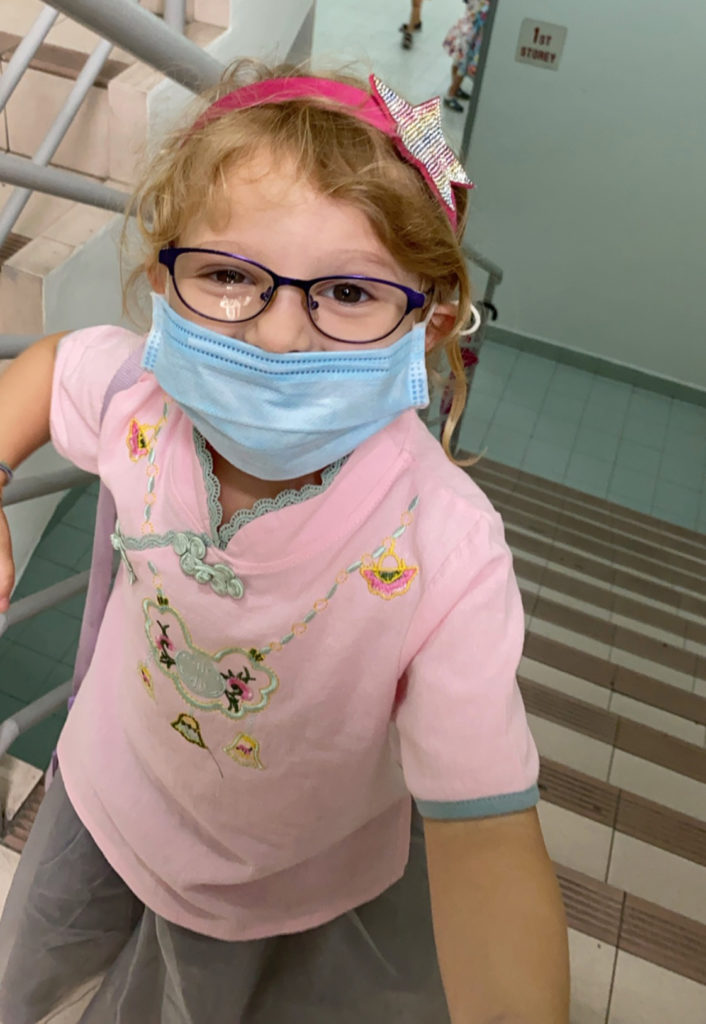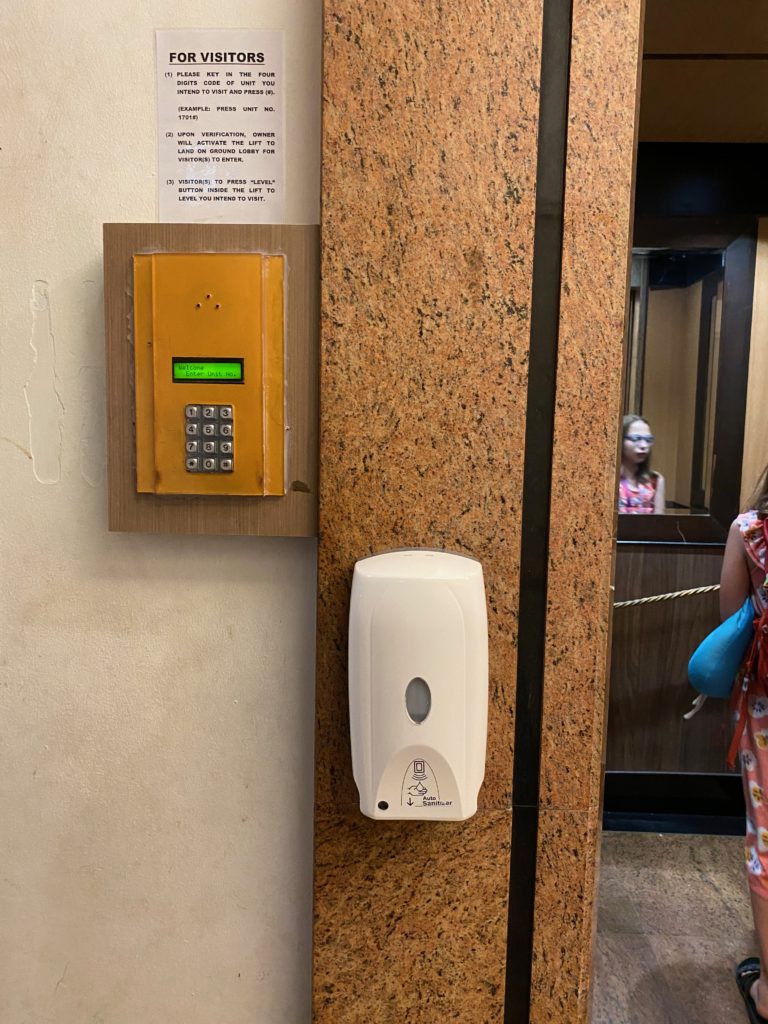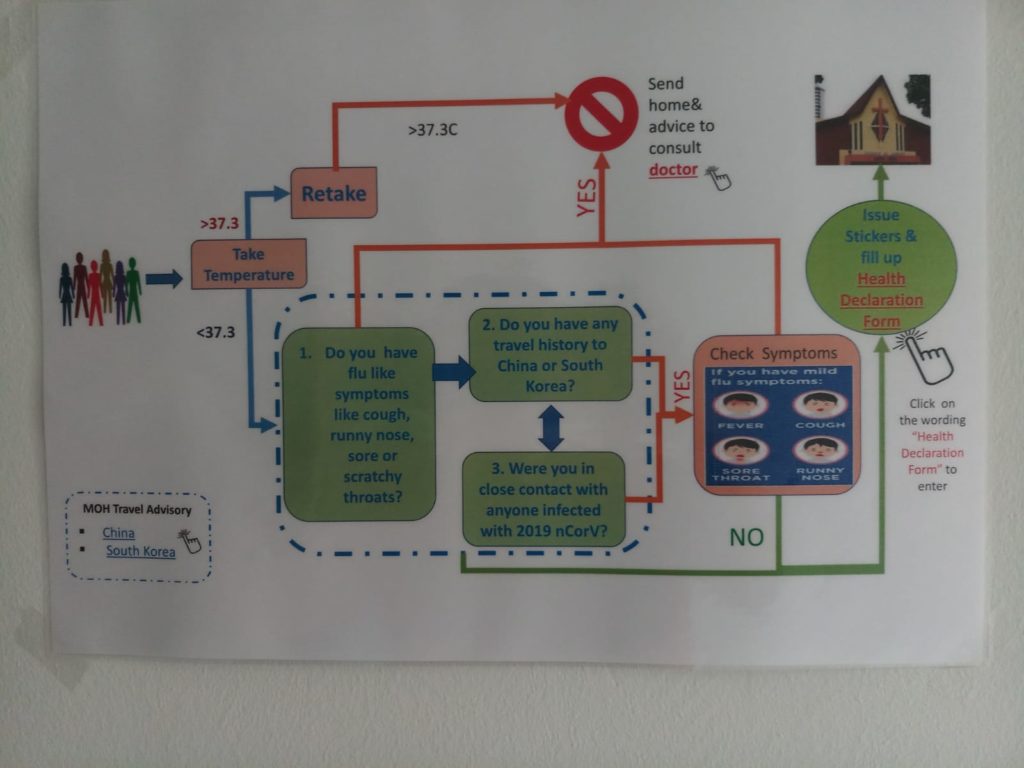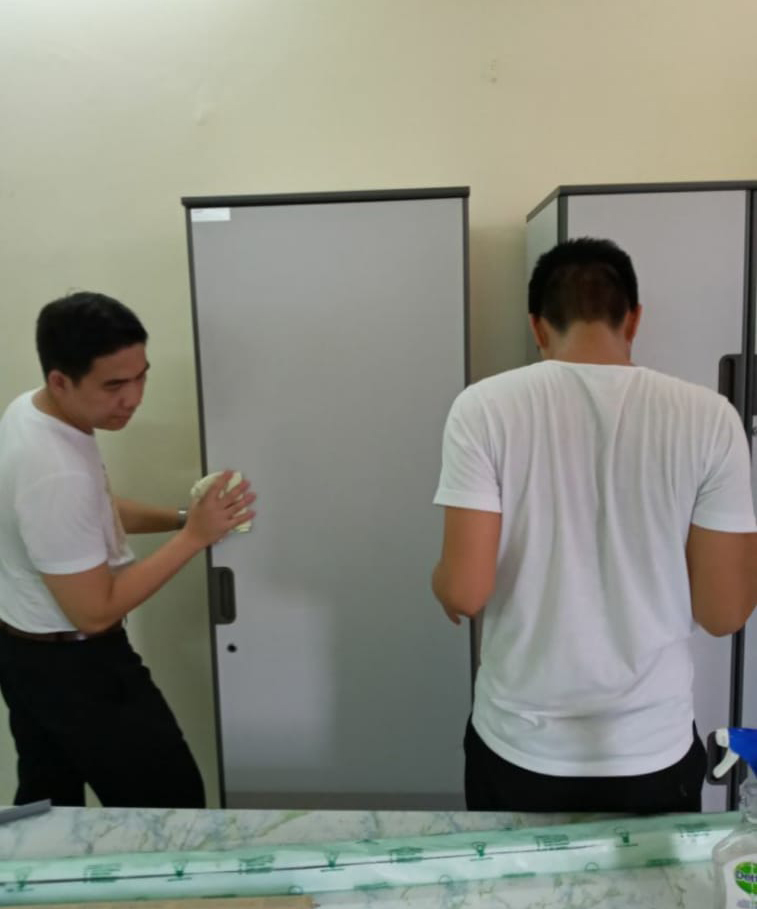Updated March 20, 2020
Even though we recently shared an update about how the COVID-19 virus has been affecting us here in Singapore in our last monthly newsletter, we thought it would be beneficial to create a proper post about the situation and continue to update it as the situation evolves.
Singapore has a rich historical and cultural connection with China. Travel between the countries is abundant due in part to this connection. As such, Singapore was one of the first countries outside of China to report cases of the COVID-19 virus.
Although many in the United States have only been recently affected by the COVID-19 virus, here in Singapore we’ve been dealing with many lifestyle changes for six weeks or so to attempt to control the spread of the virus. The country of Singapore was hit hard with the SARS outbreak in 2003 and determined to handle future outbreaks of disease better.
Singapore has some unique characteristics that vary from many places in the U.S. outside of the large cities. Singapore is an island-nation of approximately 6 million people spanning approximately 31 miles east-west and 17 miles north-south. Singapore has a population density of approximately 21,000 people per square mile (similar to New York City but much higher than, for example, the population density of Austin, TX which is approximately 3,300 people per square mile). Most people live in apartments or condos in close proximity to one another. Most people rely on public transportation (trains or buses). All of these factors make Singapore particularly vulnerable to the spread of a disease like the COVID-19 virus.
Yet, Singapore, to this point, has not seen wide community spread of the virus like many other nations. Singapore, very early on, encouraged and put into place many different types of measures to help prevent community spread of the virus. These measures include twice daily temperature check (in homes, workplaces, and schools); screening questions and records about possible symptoms, travel history, or contact with someone who had the virus; and travel restrictions. Singapore has discouraged large scale group activities (more than 50 people) and restricted group activities of larger than 250 people so many events ranging from school outings to concerts have been cancelled. Singapore also has a nation-wide alert system to help keep the country aware of the assessment of the current situation.

Travel restrictions in Singapore have tightened immensely over the past few days after a large jump in the number of imported cases. Short-term visitors (in other words, people who do not live in Singapore) traveling to Singapore from many European countries, South Korea, and the Hubei province in China are not permitted into the country at all at this time. Beginning today (Friday, March 20) anyone entering the country (who live in Singapore or are just visiting Singapore) are required to comply with a 14 day stay at home notice where they are not permitted to leave their place of residence or their hotel (not even for things like groceries – these are expected to be delivered).
Singapore has also been conducting detailed contact tracing for individuals who contract the illness. This means that they do detailed research identifying close contacts of the sick individual so that those individuals may be issued stay at home notices even if they do not feel unwell. It also helps the government identify “clusters” of the illness. Several of the clusters in Singapore have been associated with religious groups, which heightens our concern with taking extra caution within our own congregation.

Even with lots of extra hassles (such as temperature taking) everywhere we go, life in Singapore seems fairly normal right now. Although we are more alert about things like hygiene, we are able to get out and do regular, everyday things for the most part. People still go to the malls everyday (a favorite Singaporean pastime). We can still go to the movies and grocery stores. We can still go eat at our favorite restaurants. Our school are open. And, although there have been a couple of runs on groceries over the past six weeks, our grocery supplies seem stable. This is not to say that all of these things can’t change at any moment, but this is our current situation.
Our congregation, having gone through SARS, had some plans in place and has been taking many extra steps during this time. Prior to entering the church building each individual’s temperature is taken and each individual has to confirm that they are not exhibiting symptoms of the virus, have not recently travelled to any of the virus-stricken areas, and have not been around anyone with the virus. The congregation also keeps detailed attendance records for each service in the event that contact tracing needed to take place. The men who serve the Lord’s supper use hand sanitizer and gloves and individually hand out the bread with tweezers. The congregation is also employing “open-air” ventilation, not using the air conditioning but instead opening windows and using fans. We even had a nurse give a congregational demonstration about proper hand-washing technique to prevent the spread of germs. The congregation has cancelled most activities outside of worship service and Bible classes to avoid group gatherings. At this time, Singapore has not tried to limit our ability to assemble together with a restriction such as has been enacted in many places in the U.S. no group gatherings over ten people.

Four Seas has also been taking extra measures with the COVID-19 virus situation. The students’ temperatures are taken and logged twice daily. The students are not allowed to use any public transportation except to attend worship services. Additional cleaning is also taking place in the dorms and school facilities.

Thank you for your continued prayers, and we continue to pray for you and the situation worldwide.
Thanks for the update. I’ve been wondering! Sounds like you’re doing better than we are! Blessings, Aunt Deb